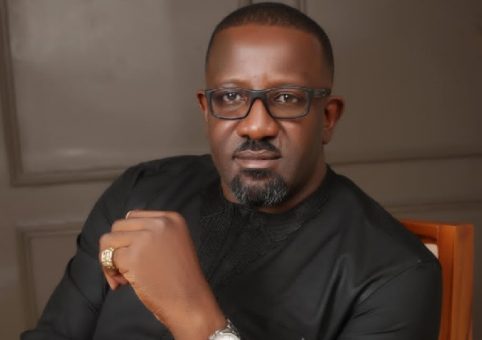Former South-East spokesperson for President Bola Tinubu Denge Onoh has cleared the Department for State Services (DSS) of any responsibility for the screening of Uche Nnaji, the former Minister of Innovation, Science, and Technology.
In interviews with reporters in Abuja, Onoh emphasized that repeatedly requesting that candidates for public office undergo DSS screening is improper and a complete misuse of the agency’s resources, which had to end right away.
He exhorted Nigeria to move past the customs of third-world nations and adopt an internationally recognized standard.
He claimed that because the Constitution was suspended, the military junta used the DSS, and that the democratic administration normalized and carried on the unconstitutional act.
Onoh insisted, “The Nigerian Department of State Services (DSS) is not required by the constitution to verify the educational background of a president’s nominee for public office.”
“The 1999 Constitution of the Federal Republic of Nigeria (as amended) does not assign such responsibility to the DSS,” the former presidential spokesman emphasized. Instead, the Constitution outlines distinct roles, such as the Senate conducting the formal screening and confirmation process to assess suitability, including qualifications, and the President nominating individuals for offices like ministers (under sections 147 and 154).
“The issuing institutions (such as universities) or Senate inquiries during hearings, rather than the DSS, usually verify the educational credentials for such nominees.”
Internal security, counterintelligence, and senior official protection—including stopping crimes that endanger national security—are the main focuses of the DSS.
The Nigerian Constitution incorporates DSS responsibilities into larger executive powers (Section 5) but does not specifically outline them. As a statutory requirement, it excludes verifying educational credentials,” he said.

